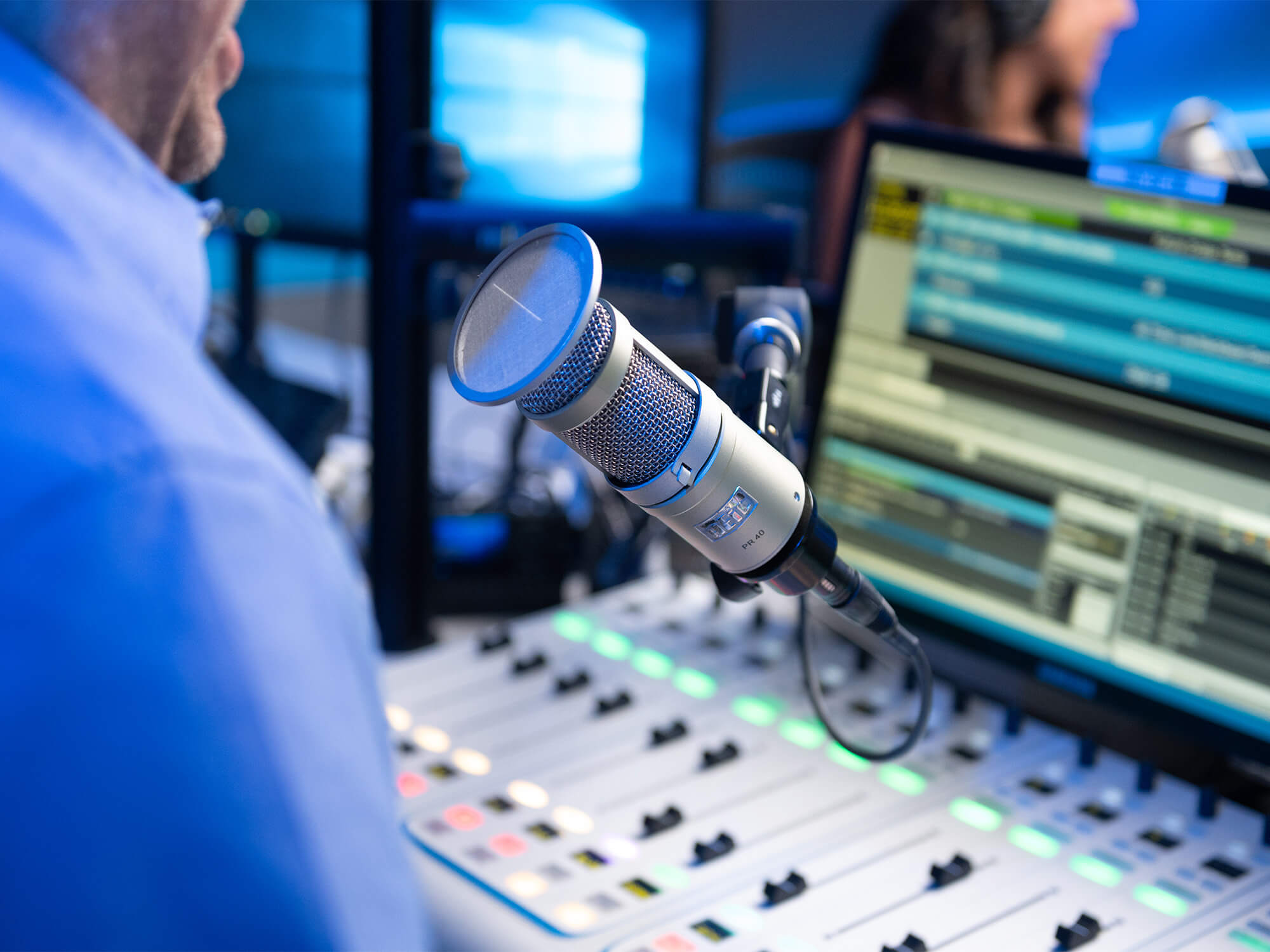The Rise of AI-Enhanced Voice Recording Conversion: Transforming Audio into Text
The Rise of AI-Enhanced Voice Recording Conversion: Transforming Audio into Text
In the age of rapidly advancing technology, the fusion of artificial intelligence and voice recording conversion has ushered in a new era of convenience and efficiency. Deep learning transcription solutions AI-enhanced voice recording conversion is making waves, transforming spoken words into written text with remarkable precision. This revolutionary technology offers a wide range of benefits, from enhanced accessibility for individuals with hearing impairments to improved transcription services and more.
Understanding the Basics
Before we delve into the transformative impact of AI-enhanced voice recording conversion, it’s essential to grasp the fundamentals of this cutting-edge technology. At its core, this process involves the utilization of artificial intelligence algorithms to transcribe audio recordings into text. This conversion is made possible through the analysis of spoken words, the recognition of speech patterns, and the translation of these patterns into written words and sentences.
The Evolution of Voice Recording Conversion
The history of voice recording conversion dates back to the invention of the phonograph by Thomas Edison in 1877. Over the years, the technology has progressed significantly. Initially, transcription required human intervention, often leading to errors and inefficiencies. However, the introduction of digital audio recording marked a turning point. It allowed for more accessible and manageable storage of audio data, paving the way for the development of AI-enhanced transcription solutions.
Benefits and Applications
The adoption of AI-enhanced voice recording conversion has opened up a plethora of benefits and applications across various domains.
- Accessibility: One of the most prominent advantages of AI-powered transcription is enhanced accessibility for individuals with hearing impairments. Deaf and hard-of-hearing individuals can now have audio content converted into text, making information more readily available to them. This fosters inclusivity and equal access to a world of content, including podcasts, videos, and lectures.
- Efficient Transcription Services: In the business world, transcription services have long been in demand. Interviews, meetings, and conference calls often require detailed notes or transcriptions. AI-enhanced transcription services have significantly reduced the time and cost associated with these tasks, leading to increased productivity.
- Content Creation: Content creators, including writers, journalists, and bloggers, are benefiting from AI transcription tools. They can now turn spoken ideas or interviews into written articles more efficiently. This not only saves time but also reduces the chances of misquoting or omitting crucial details.
- Improved Legal Processes: Law firms and legal professionals have embraced AI-enhanced transcription for the accurate and swift conversion of court proceedings, witness testimonies, and depositions into text. This facilitates the legal process by providing easily searchable and referenceable records.
- Enhancing Education: Educational institutions are utilizing AI transcription to make lectures and classroom discussions more accessible to students. Additionally, it aids teachers in creating transcripts of their lessons for future reference or sharing with students.
The Technology Behind AI-Enhanced Voice Recording Conversion
The effectiveness of AI-enhanced voice recording conversion lies in its underlying technology. Natural Language Processing (NLP) algorithms, machine learning, and deep learning models are at the heart of this transformation. These algorithms analyze the audio data, recognize speech patterns, and convert them into written text.
Furthermore, AI transcription tools continually improve through machine learning. They become more accurate and context-aware as they process a broader range of audio data, including different accents, languages, and dialects.
Challenges and Ethical Considerations
While AI-enhanced voice recording conversion offers many benefits, it also presents some challenges and ethical considerations. Privacy concerns, data security, and potential biases in transcription are areas that need to be carefully addressed. Users and service providers must be vigilant in protecting sensitive information and ensuring that transcription services adhere to ethical standards.
The Future of AI-Enhanced Voice Recording Conversion
The trajectory of AI-enhanced voice recording conversion is undoubtedly upward. As the technology continues to advance, we can expect even higher levels of accuracy, adaptability to various languages and dialects, and better integration with other AI-powered applications.
In conclusion, AI-enhanced voice recording conversion has revolutionized the way we interact with and utilize audio content. This technology is not only enhancing accessibility and efficiency but is also permeating various industries, from media and education to healthcare and legal sectors. As it evolves, it holds the potential to reshape the way we communicate, work, and learn, making our world more connected and inclusive than ever before.







